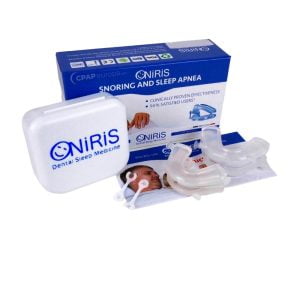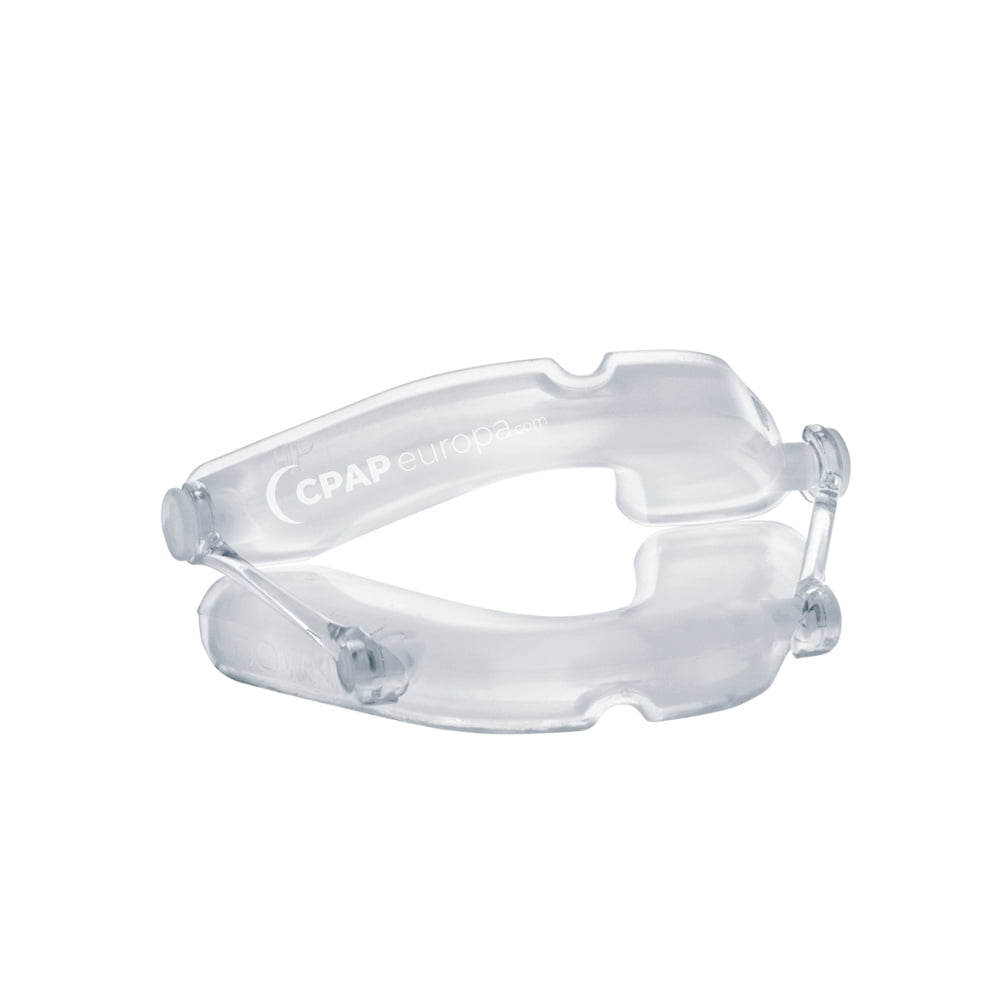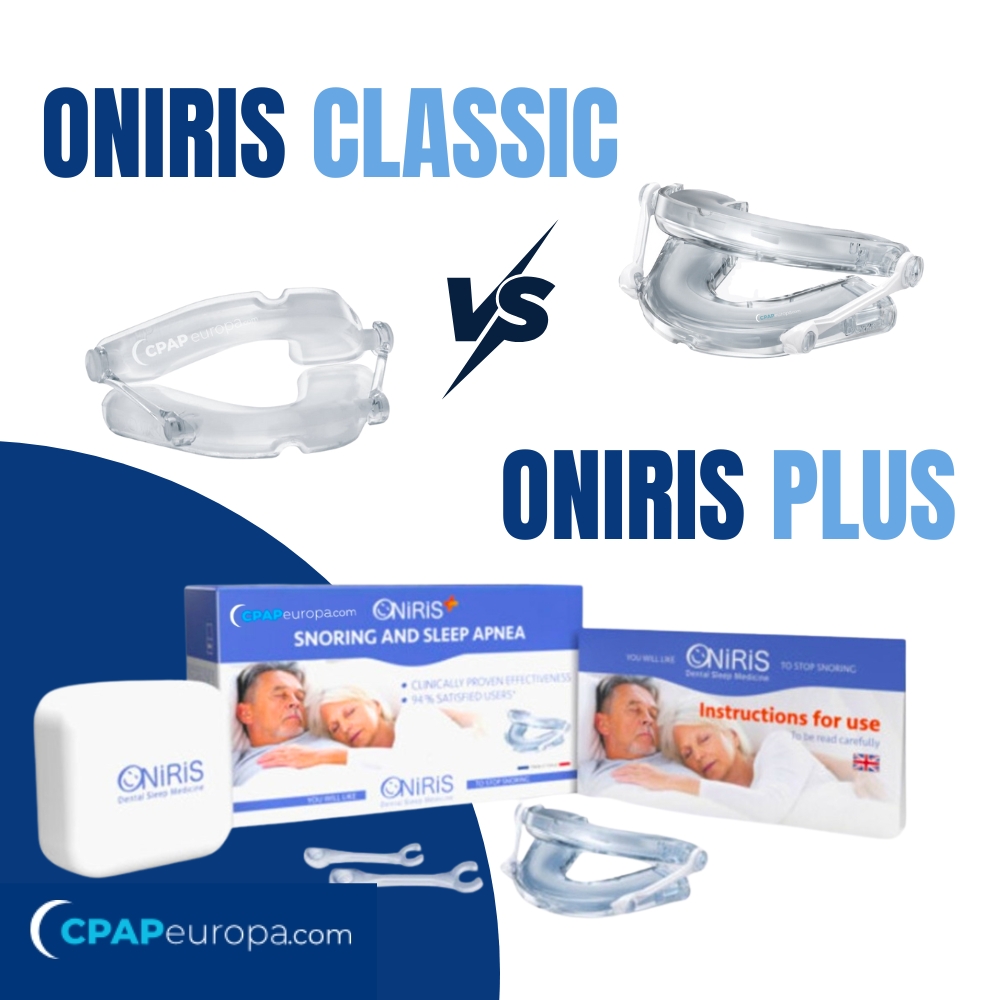
Snoring and mild to moderate sleep apnea can significantly disrupt sleep quality—both for you and your partner. Mandibular advancement devices, like those in the Oniris series, are a clinically proven, effective, and non-invasive solution. But when you are faced with a choice between two models, it’s important to know the key differences to make the best decision for your individual needs.
CPAPeuropa.com is pleased to announce that the two most popular models of anti-snoring and sleep apnea devices are now available – exclusively at CPAPeuropa.com!
In today’s article, we will compare them and explain the differences between Oniris Classic and Oniris PLUS.
But first…
What is the Oniris anti-snoring device?
The Oniris anti-snoring device operates on the principle of mandibular advancement. This means the device gently and precisely moves the lower jaw forward by a few millimeters during sleep. This simple action frees up the space behind the tongue, opens the airway, and prevents the vibrations (snoring) and collapse (apnea), ensuring a free flow of air.
Oniris Classic vs. Oniris Plus: The Main Differences
At first glance, the two models look similar, but the key differences are in the details, which provide a higher level of customization and comfort in the Plus model. Here are the most important differences, presented in a convenient table:
| Feature | Oniris Classic | Oniris Plus |
|---|---|---|
| Primary Use | Snoring and mild to moderate OSA | Snoring, mild to severe OSA, bruxism |
| Advancement Range | 0 to ~11 mm | -4 to +11 mm (suitable for retrognathia) |
| Design and Comfort | Thermoformable, two-piece design | Reduced vertical height, better tooth coverage |
| Suitable for Bruxism | No | Yes (reinforced connectors) |
| Ideal for: | Users with standard needs | Users with specific needs or seeking maximum comfort |
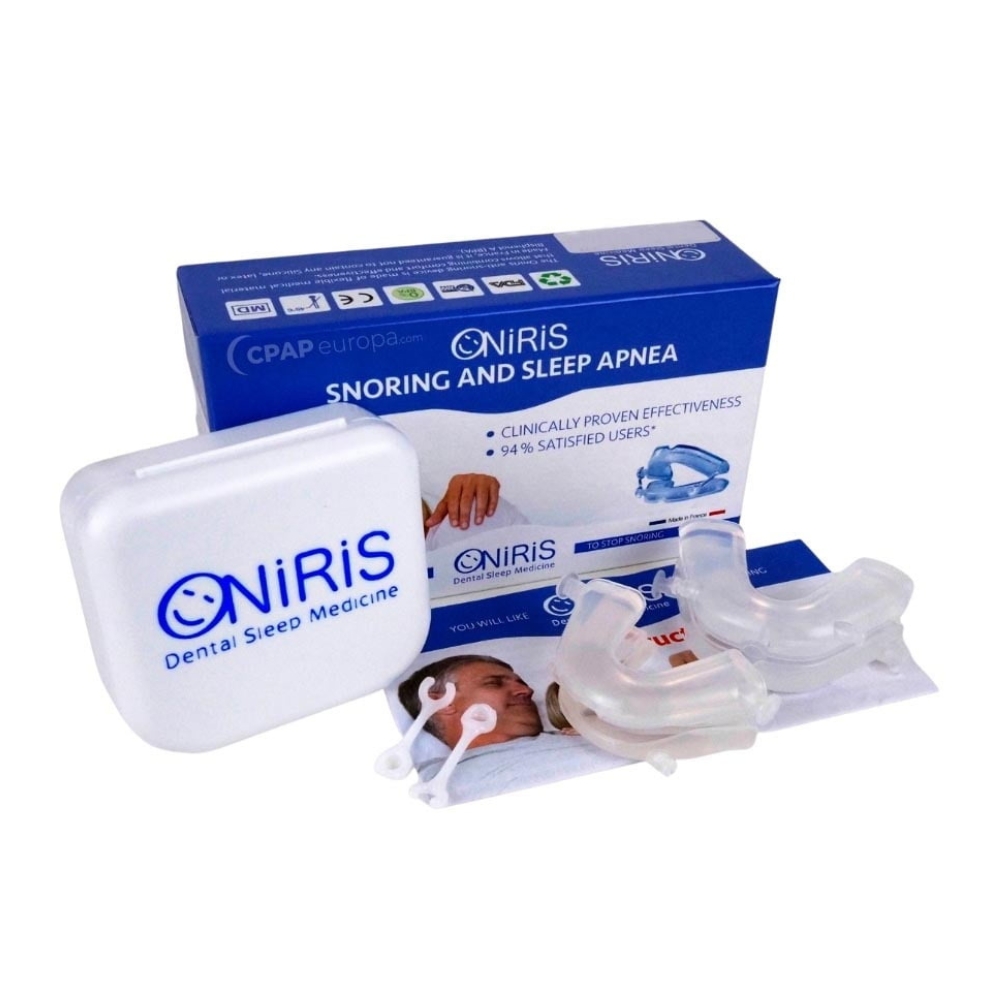
Which Anti-Snoring Device Should I Choose? A Quick Guide for the Final Decision
The choice between the two models depends entirely on your individual needs and anatomical features.
Choose the Oniris CLASSIC anti-snoring device if:
- You are looking for a clinically proven and effective solution for snoring and mild to moderate sleep apnea at a more affordable price.
- This is your first device and you want to test the technology.
- You do not have specific issues like a significantly recessed lower jaw (retrognathia).
- You do not suffer from bruxism (clenching or grinding your teeth during sleep).
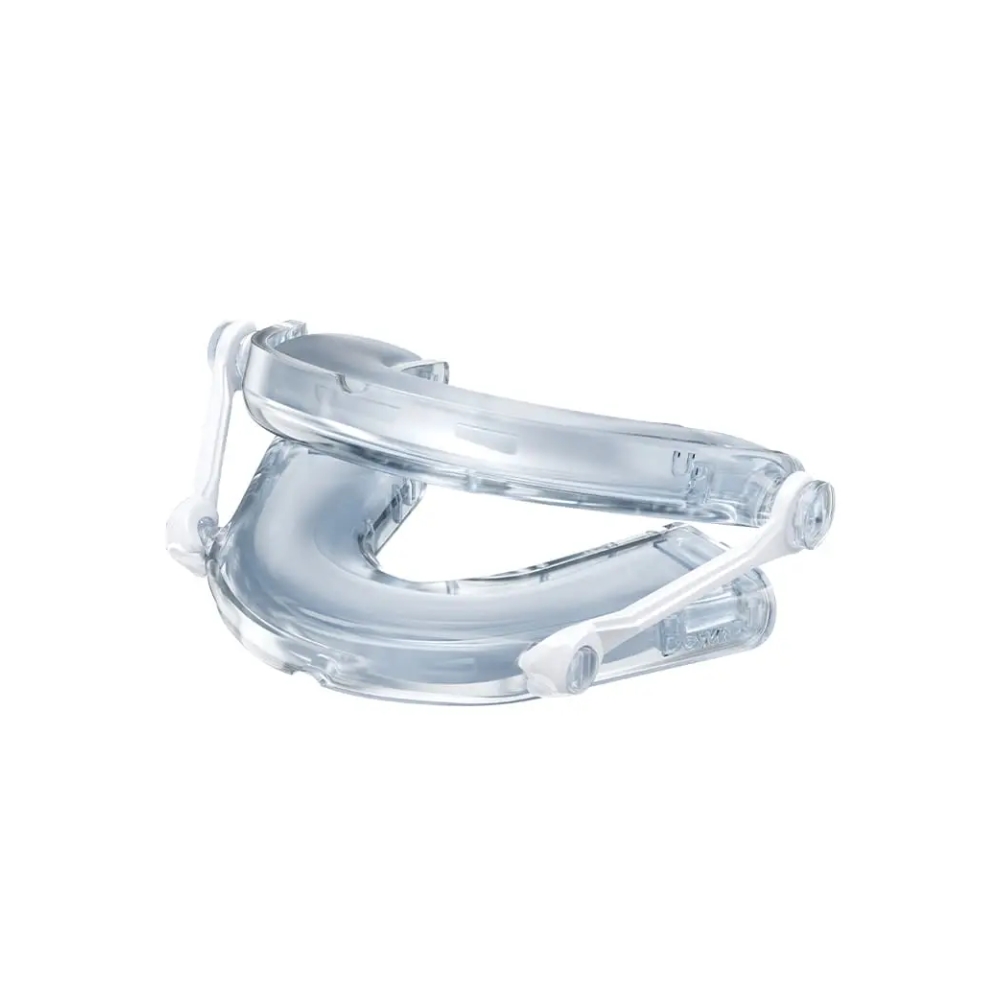
Choose the Oniris PLUS anti-snoring device if:
- You have more pronounced retrognathia (recessed lower jaw) and require a larger adjustment range, including negative values.
- You suffer from bruxism (clenching or grinding of teeth). The Plus model features reinforced connectors designed to withstand greater pressure.
- You are looking for maximum comfort. The reduced vertical height of the device means less bulk in the mouth and a more natural feel.
- You want the best and most precise fit the technology offers, with improved tooth coverage.
Conclusion: Oniris Classic or PLUS?
Both models – Oniris Classic and Oniris Plus – are high-quality medical devices that offer an effective solution to the problem of snoring and mild to moderate sleep apnea. Oniris Classic is the perfect choice for most users, providing excellent functionality and results. Oniris Plus is a premium upgrade aimed at users with specific needs (bruxism, retrognathia) or those seeking uncompromising comfort and the finest adjustment capabilities.
